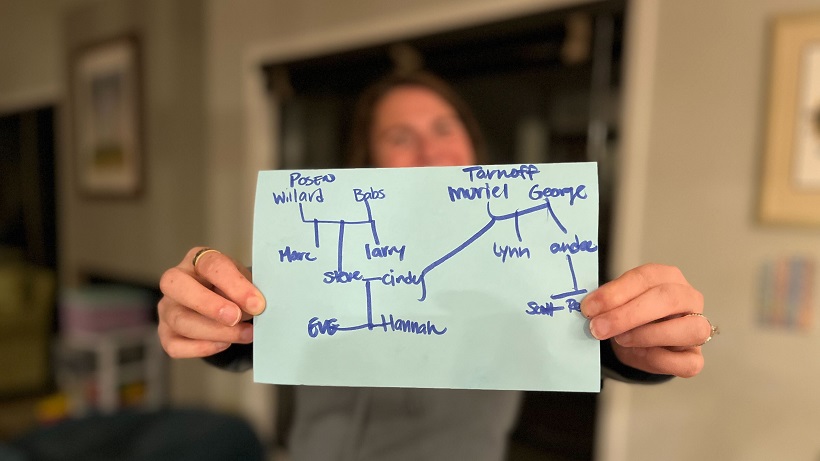As the oldest grandchild on one side of my family and the second oldest on the other, there’s a bit of legacy weight I feel I carry. On one side, my sister and I are the last of that lineage, the last to carry that name. On the other, none of us carry that name as our own, but it holds a strong connection to the family business and history. In either case, I strongly feel a certain responsibility. Eldest children tend to bare the burden of past generations to carry their legacy into the future. Perhaps this is because they’ve lived (slightly) longer, and therefore have more experience.

What we often don’t discuss, however, is exactly what should live on. When there’s a family business or a significant piece of real estate involved, it’s easy to identify a tangible transfer from one generation to the next. But what happens when the thing you’re supposed to pass down isn’t quite that concrete? In the Torah this week, we learn that the job of carrying on tradition doesn’t always fall to the person you’d expect.
This week we have a Torah portion that is fully focused on generations moving forward and what we inherit. This week we read Parshat Toldot, in which Isaac and Rebekah become parents. The pregnancy is not easy, and the twins are anything but calm. Jacob and Esau are very different, and each is feisty in his own way. Esau sells his birthright to Jacob for lentil stew, and Jacob tricks his father into getting the blessing his brother deserves. Esau finds out, and his outrage over the incident causes Jacob to flee for his life. The portion ends with Esau growing up and rebelling against the family in his choice of life partner.
Toldot means “the generations,” and as this name suggests, the focus isn’t merely on the current generation, but on future generations to come and who will lead them. Rebekah, a mother of twins, knows her sons more intimately than anyone. She knows which one is a leader and which one is a hunter, which one can follow directions and which is a free spirit. But knowing these truths in her heart doesn’t make transferring the legacy of the previous generation any easier.
In the end, the text seems to hint that God also guides her not to the son who is “older and wiser,” but to the one who is “more apt” to lead a nation. In this moment that breaks the norms we’ve come to know, the Torah suggests that in some cases character might be more important than experience.



